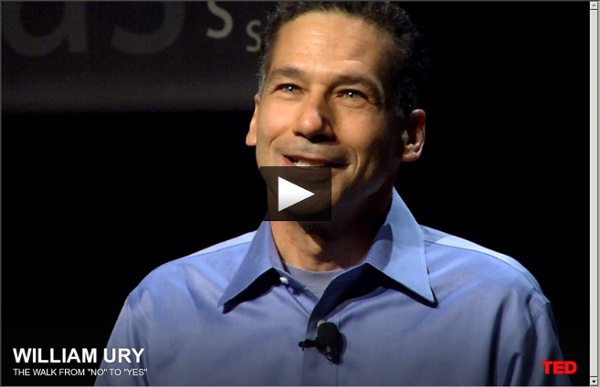



Will Potter: The secret US prisons you've never heard of before | TED Talk Subtitles and Transcript Father Daniel Berrigan once said that "writing about prisonersis a little like writing about the dead."I think what he meant is that we treat prisoners as ghosts.They're unseen and unheard.It's easy to simply ignore themand it's even easier when the government goes to great lengths to keep them hidden. As a journalist, I think these storiesof what people in power do when no one is watching,are precisely the stories that we need to tell.That's why I began investigatingthe most secretive and experimental prison units in the United States,for so-called "second-tier" terrorists.The government calls these units Communications Management Units or CMUs.Prisoners and guards call them "Little Guantanamo."They are islands unto themselves.But unlike Gitmo they exist right here, at home,floating within larger federal prisons. There's an estimated 60 to 70 prisoners here,and they're overwhelmingly Muslim.They include people like Dr. So, why was he moved? (Laughter) For the record, I'm not. Thank you.
Defining Success in Higher Education - Mobile In our latest installment, we take on the topic of students' success after graduation and the question of who is ultimately accountable for that success and in what ways. Before any discussion gets very far, it's fair to begin things by asking exactly what is meant by "success" and why it's being discussed in the first place. On the question of why, the global recession of the last four years no doubt plays a major part. With prospective students anxious about their expenses and the economy that awaits them, more and more want assurances there will be a return on their investment. At the same time, waves of bad news on the domestic labor market have led to speculation that there is a mismatch between the requirements of the most promising jobs and the skills of applicant pools. This naturally fuels debate as to why workers are not prepared for these jobs, and who can emerge to fix this situation - parallel lines of questioning that quickly involve higher education.
Students Becoming Professionals: An Employer's View on Guiding a New Employee - Mobile Philip Waitzman, M.B.A., M.P.H., M.A., L.S.W. • 07/03/12 For generations, employers considered the high school degree to be the baseline for considering graduates for a job. Over time, the minimum requirement for being considered for an entry-level job grew to graduates needing a four-year college degree. Today, although an undergraduate degree is adequate for most first-time job seekers, there is considerable momentum within hiring by employers to favor students that complete a master's degree. While the workforce has become more skilled, employers continue to want the most educated and capable graduates that they can acquire for their money. There are differences between the current generation of four-year graduates seeking their first jobs with generations of the past. Graduates want to work enough to live their life. The gap in expectations is a challenge for today's employers. Students are used to being taught or trained and then evaluated.
Should colleges be judged by job success? CPCC’s Zeiss said he agrees with McCrory that “higher education ought to lead to jobs. … That’s why we go to school.” But measuring a school’s performance is “not as simple as it looks.” For instance, he said, a CPCC student might take longer to get his or her degree if they’re a parent with children and can’t be in school full-time. That student might not show up in job measurements for years. McCrory is not the first Republican governor to challenge public universities on how well they place graduates in jobs. Scott has urged public universities to collect data on employment and salaries for various majors to share with prospective students. “How many more jobs you think there [are] for anthropology in this state?” Some studies do show that some employers, even in an ailing economy, still value that liberal-arts education that begets a broader set of skills. And statistics suggest that degree holders fare better at landing jobs in North Carolina.